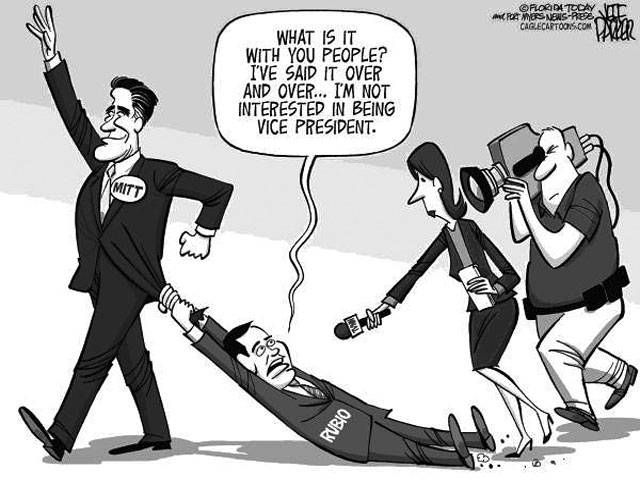Dawood Ahmed
Predator drones have killed several hundred civilians since 2004. Nato planes killed 24 Pakistani soldiers in 2011. Israel seems determined to invade Iran pre-emptively. Looking at such incidents, it seems that the only option for vulnerable states is to endure the painful blows of the mighty in international relations – or so some mistakenly believe.
In 2001, US Air Force colonel Charles Dunlap used the term “lawfare” to describe “the use of law as a weapon of war”, and later wrote that “law has evolved to become a – and sometimes, the – decisive element of contemporary conflicts.” The idea was that weak states and NGOs would use international law in the media and courts to constrain the actions of powerful states that use force against their interests.
The prediction is logical. Weak states that are unable to challenge powerful states in the battlefield should naturally be most keen to bargain in “the shadow of law”, whether for the purpose of constraining a powerful state’s aggression or extracting concessions from it.
Despite its obvious strategic and political advantages, “lawfare” surprisingly remains an under-utilized tool. It is staggering that when faced with international wrongs, vulnerable third world states – precisely the ones that would most benefit from engaging in international legal argument – tend not to do so.
Take the case of drone strikes in Pakistan – Pakistani politicians have protested such strikes for eight years, yet do nothing about it, enabling such strikes to continue without much-needed transparency. Even if there were a will, it is unrealistic to expect Pakistan to challenge the US militarily, but what prevents it from engaging the US in national and international courts and judicial institutions?
Sometimes, through no fault of their own, weak states may find themselves excluded from important legal discourse. Earlier this month, the Guardian published an article on the legality of a pre-emptive strike on Iran: it interviewed four eminent legal scholars – three from the US and one from Australia. It seemed a strange omission, if the intention was to offer a balanced opinion on the legality of an attack on Iran, that an opinion from an international law expert from Iran (or other third world country) was not included.
Much of the blame for being left out of the legal debate lies with these states. There are shockingly few international lawyers from developing countries. Not only is international law dominated by men, but traditionally much of the discourse about the interpretation and design of international law has emanated from the “global north”, even as the impact of those legal arguments are mostly felt in the global south – a missed opportunity for weak states.
For whatever reasons, it seems that such states systematically under-value the instrumental value of international law. And thus they are failing to invest resources in developing competent international legal capacity.
At present, despite controversy about the use of drone attacks, the US has very little to fear from states like Somalia, Pakistan and Yemen. Yet, it invests significant resources in offering international legal justification for engaging in drone strikes. As a smart state, it understands the strategic value of international law and wants to be perceived as acting within the law.
For decades, former superpowers like the UK and Spain shrewdly moulded legal discourse to their advantage for the purpose of dominating weaker states. Colonization was justified by the European powers on the pretext that these states were not yet “civilized” enough to obtain the legal standing to exercise sovereignty and self-determination. Slavery was also once justified as legal – for the good of the slaves.
Today, a similar use of legal rhetoric is visible in attempts to delegitimize so-called rogue states. Increasingly, international law is being deployed to justify interventions in weaker states that are “unwilling or unable” to prevent threats to the strong. There are positive signs that things may be changing. Recently, Brazil tried to influence the important debate on humanitarian intervention. India, too, is talking about engaging the WTO dispute settlement mechanisms against the US.
It is time that more states from the global south – such as India, Pakistan and others – learned to talk back to the north through the coercive language of law, as the north has done for centuries. Weak states need to realize that victories are won as much though international institutions, the media and the courts, as in any theatre of conflict. Countries trying to operate foreign and defence policies without the benefit of international law will find that that is an expensive and fruitless option. –Guardian
Thursday, April 18, 2024
Turning the doctrine of ‘lawfare’ against aggressors

Jailed Myanmar leader Suu Kyi moved to house arrest
April 18, 2024
Jahangir Khan PSA Satellite Squash Series strats
April 18, 2024
Pakistan women face West Indies women in first ODI today
April 18, 2024
Asad, Amir reach PTLA Junior National Tennis semis
April 18, 2024
Rail Revival
April 17, 2024
Addressing Climate Change
April 17, 2024
Saudi Investment
April 17, 2024
Political Reconciliation
April 16, 2024
Pricing Pressures
April 16, 2024
Workforce inequality
April 17, 2024
New partnerships
April 17, 2024
Shikarpur crisis
April 17, 2024
Peace quest
April 17, 2024
Democratic harmony
April 16, 2024
ePaper - Nawaiwaqt
Advertisement
Nawaiwaqt Group | Copyright © 2024





